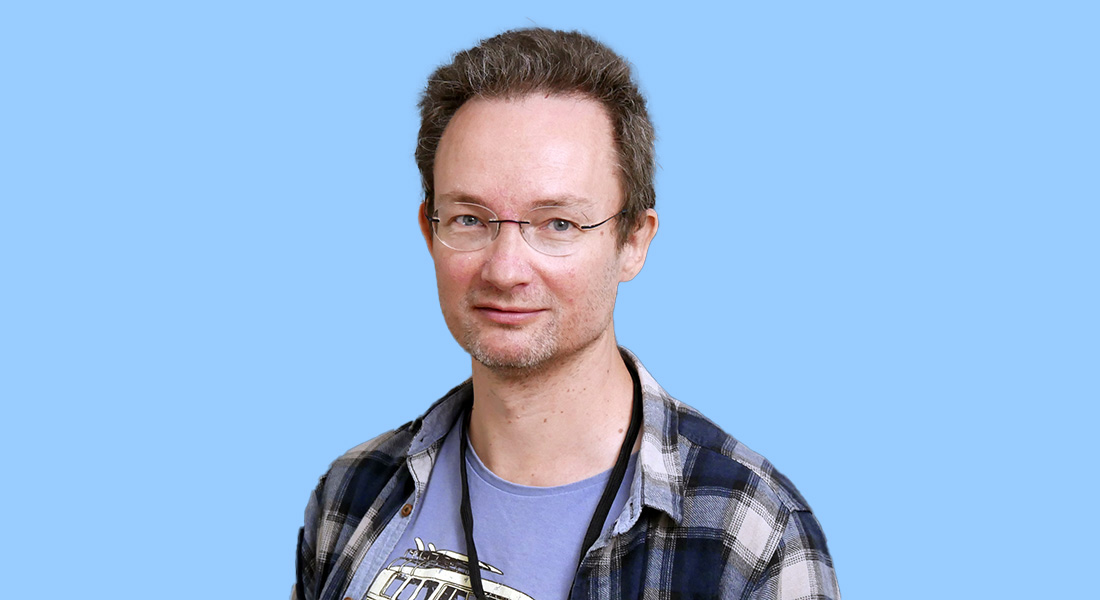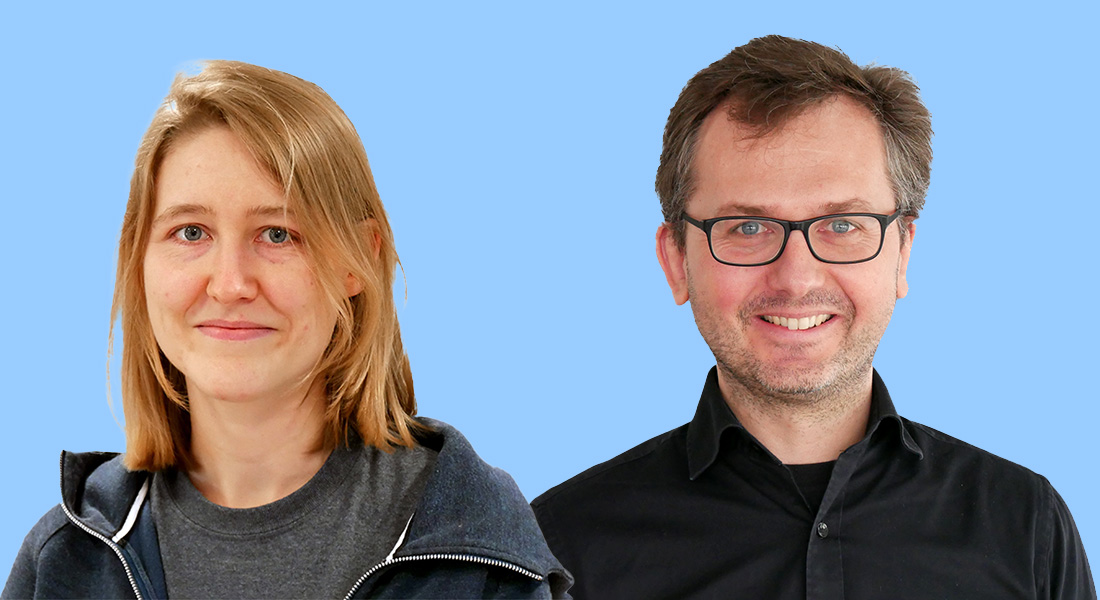Independent research funds for number theory and combinatorics
Independent Research Fund Denmark has awarded two projects to the department, a total of DKK 9 million. Joachim Kock, Jamin Matz, and Morten S. Risager will receive funding for their research into combinatorial structures and analytic number theory respectively.
Independent Research Fund Denmark (DFF) provides funds for ground-breaking and original research ideas across all scientific research areas. This year, 222 researchers can start new and important research based on their own very best ideas. The DFF Research Projects 1 and 2 are highly sought after; the applications have a success rate of 14 percent.

Signs in Homotopy Combinatorics
Associate Professor Joachim Kock receives 2.9 million DKK for his DFF-Research Project1 “Signs in Homotopy Combinatorics”. He explains:
“The elementary arithmetic operations with natural numbers, such as addition, multiplication and eksponentiation, are only shadows of more fundamental operations with finite sets, namely disjoint union, cartesian product, and function sets.
It is interesting to perform as many constructions as possible with finite sets instead of numbers, because the set operations can be characterised in terms of universal properties, and can carry further structure, something not possible at the level of numbers.
The project aims to give an answer to the fundamental question: which combinatorial objects correspond to negative numbers? Which set-like objects can be said to have a negative number of elements?
Just like negative numbers can be regarded as mere abstraction, the idea is to carry out a similar construction on the objective level. The solution is to be found in category theory, the general mathematical theory of structures, where objects are characterised according to how they relate to each other rather than what they 'are'. By analysing the necessary categorical properties of finite sets and the mechanisms that lead to negative numbers (especially in the fields of combinatorics and homotopy theory), the goal is synthetically to create a coherent theory of "signed sets", and show how elementary combinatorics can be developed in that framework.
Such a theory will have wide applications everywhere in mathematics where combinatorial structures interact with negative quantities.”
The grant will finance two years of research and the employment of a postdoc researcher.

Correlations, arithmetic, and periods
Associate Professor Jasmin Matz and Professor Morten S. Risager receive 6.2 million DKK for their DFF-Research Project2 “Correlations, arithmetic, and periods”.
They describe it as follows:
"Automorphic forms and representations play a central role in modern number theory, providing a bridge between many problems in classical number theory, representation theory of reductive groups, and spectral properties of arithmetic manifolds.
The project aims to extend our fundamental understanding of analytic number theory and automorphic representations by analyzing so-called periods, and their relation to spectral properties of automorphic forms. Periods are important objects in the theory of automorphic forms defined by testing the forms against other suitable objects of interest. They are often (provably or conjecturally) equal to special values of automorphic L-functions, which are far-reaching generalizations of the famous Riemann zeta function.
We are particularly interested in the average behaviour of these periods over certain families of forms as well as how they correlate with specific oscillating functions. Obtaining a sufficiently good understanding of these correlations in certain cases would lead to improvements in our understand- ing of several important and longstanding questions in analytic number theory and the Langlands program.”
The money will be mostly spent on hiring two PhD students and one postdoc.
A DFF-Research Project1 is characterized by having a clear and well-defined research question, where the research activities are expected to be of a high, international level of quality.
A DFF-Research Project2 is often characterized by a coordinated and mutually binding collaboration featuring a well-defined, joint research question. Multiple researchers including postdoctoral candidates and PhD students carry out the research projects.
Project details

Project:
Signs in Homotopy Combinatorics
Grant period:
01.08.23 – 31.07.2025
Support:
DKK 2.9 million from Independent Research Fund Denmark, Research Project1
Contact:
Associate Professor Joachim Kock
Project:
Correlations, arithmetic, and periods
Grant period:
01.09.2023 - 28.02.2028 (if approved)
Support:
DKK 6.2 million from Independent Research Fund Denmark, Research Project2
Contact:
Associate Professor Jasmin Matz
Professor Morten S. Risager
